Soul Clap
by Fraser Tye
Over the past decade much has been made of the meteoric revival of disco and funk. A few years ago The Guardian called it, “…a second golden era of disco.” Whilst many DJs and producers have embraced its renaissance, few have done so with the unwavering persistence of Soul Clap. For over fifteen years, Eli Goldstein and Charles Levine have helped popularize this retrospective resurgence. However, to categorize their style as simply disco and funk would be reductive. Collectively they cite influences ranging from dancehall, drum’n’bass, UK garage, reggae, and R&B.
“I was so deeply into reggae when I was a teenager that I had dreadlocks and when I shaved them off I kept them in a bag and promised to plant them in the ground in Jamaica. A couple of years ago I did just that,” Levine tells me boyishly. His voice is eager and resonates well, in part a consequence of the acoustics in the empty basement of Black Flamingo where I meet him, a small nightclub in Williamsburg, New York. Having frequented the place on busy nights before, it feels odd and airy during the day. The nightclub is part owned by Goldstein – naturally serving as a regular haunt for the duo.
Obviously, Soul Clap’s shows at Black Flamingo are entirely on their own terms. However, in their early years they were forced into more conventional areas of music. The relatively dire electronic music scene in their Boston hometown meant Levine and Goldstein were frequently limited in what they could play. “At that time you couldn’t play up-tempo music in Boston.” Goldstein tells me, “You had to play hip-hop and R&B. We had so many failed nights playing Top 40 when nobody wanted to listen to house and disco.”
Nowadays Soul Clap has a discernible pop crossover, if not overtly in their sets, then particularly in their production. Earlier remixes of songs by Womack & Womack, Stevie Wonder, and Aaliyah are what lifted them out of the relative obscurity of Boston and onto the larger musical map.
Since then they have steadily ticked off the illustrious boxes that come with prominence in the electronic music scene – multiple Boiler Room sets, a DJ-Kicks and Fabriclive mix (to be released in April), a couple of studio albums, two record labels, a tour schedule that keeps them on the road from March to October each year, and Goldstein’s aforementioned nightclub in his (and Levine’s) adopted home city of Brooklyn. Along with that, they have recorded with funk heavyweights George Clinton and Sly Stone and have recently experimented with moving away from a traditional DJ set, utilizing Levine’s vocals and live accompanying music.
“As we’ve gotten older we’ve found ways to balance the nightlife – trying to eat well, exercise, meditate. We’ve found routine, because on the road you have no routine,” Goldstein tells me. He looks every bit the Williamsburg local – bespectacled, well-manicured beard. A few tattoos dot his left arm, one reading, “no requests” which he tells me isn’t necessarily true. “If it’s a good one we’ll play it,” he says, smiling. Another reads, “Why does an apple fall to the ground?” which was in a fortune cookie he got once. “I mean, it’s gravity but it can be more philosophical if you start thinking about it,” Goldstein says with a decent dose of irony.
Elvis’ logo, ‘TCB’ (an acronym for Taking Care of Business), also features on his arm, which seems fitting – Soul Clap is an impressively industrious duo, having played an estimated 1000 shows together, whilst carefully avoiding the lifestyle that so often besets and derails younger DJs. In high school, before they officially formed, the two schoolmates started their own mobile-DJ company, lugging around turntables and speakers, playing everywhere from high school parties to bar mitzvahs and department stores.
For all their hard work, Goldstein and Levine’s approach is boyish and lively. The name of their first album, EFUNK (2012), is not just a nod to George Clinton’s self-styled genre, P-Funk, but an acronym of their message, “Everybody’s Freaky Under Nature’s Kingdom.” If the funk and disco scenes were, as The Guardian suggests, outlets to many during the recession-ravaged 1970s and early 1980s, then perhaps its resurgence during the late noughties and Global Financial Crisis speaks to a similar sonic response to financial malaise. If this seems like a non sequitur then perhaps it is. Perhaps its resurgence, facilitated determinedly by artists like Soul Clap, sees its appeal in the innate freakiness of humans. Maybe disco and funk never really left us and never really will. Maybe the apple never fell to the ground.
Written by Fraser Tye
Photographed by Max Montgomery
Styled by Alexandra Cronan



